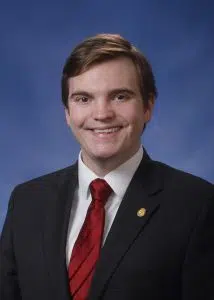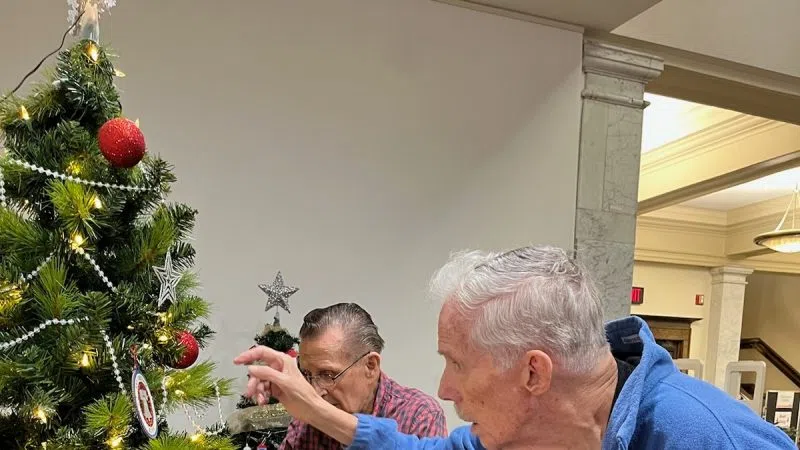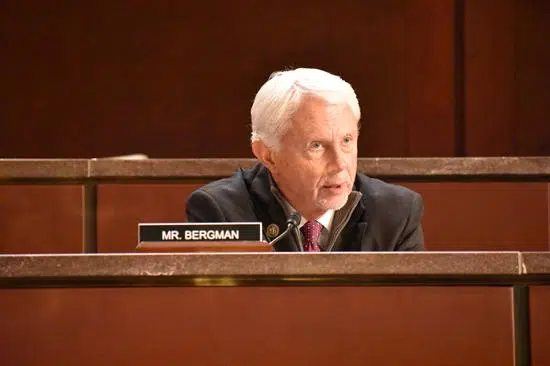Michigan’s no-fault car insurance system – responsible for the costliest rates in the nation – could have its fate decided by voters under a new plan announced Thursday by state Rep. Beau LaFave of Iron Mountain.
“Our car insurance rates are just too expensive,” said LaFave, who is a member of the House Insurance Committee. “That is the single-most brought up one-liner when I meet with residents in Delta, Dickinson and Menominee counties. They’re right. Our car insurance system – being as rigged as it is – hurts the pocketbooks of hard-working families living paycheck to paycheck and seniors with fixed incomes.”
LaFave has been on the forefront to lower car insurance rates for all Michiganders.
“Why not let the people decide the fate of our failed, broken promise of a no-fault car insurance system?” LaFave said. “Because I can promise you this – if given the chance to reform it – residents statewide would do so in a heartbeat.”
The plan:
- Allows motorists to choose between different personal-injury-protection (PIP) coverage levels. Drivers can choose the $250,000, $500,000 or unlimited PIP options – each of which would guarantee rate reductions. If a driver fails to pick a PIP coverage level, it will default the driver to the unlimited option.
- Establishes a fee schedule for health providers to correspond with the current rates of worker’s compensation to rein in out-of-control medical costs.
- Continues to provide unlimited lifetime health care to those who have been catastrophically injured and already receiving those benefits through the Michigan Catastrophic Claims Association.
“It’s important to note that hospitals and businesses across the state already agree on worker’s compensation rates,” LaFave said. “What makes a car accident outside of work any different than one with a work vehicle? We need to stop the overcharging happening with car accident victims.”
To find its way on a future ballot, LaFave’s plan, House Bill 6343, will need both the Michigan House and Senate to approve.
HB 6343 has been referred to the House Insurance Committee for consideration.























